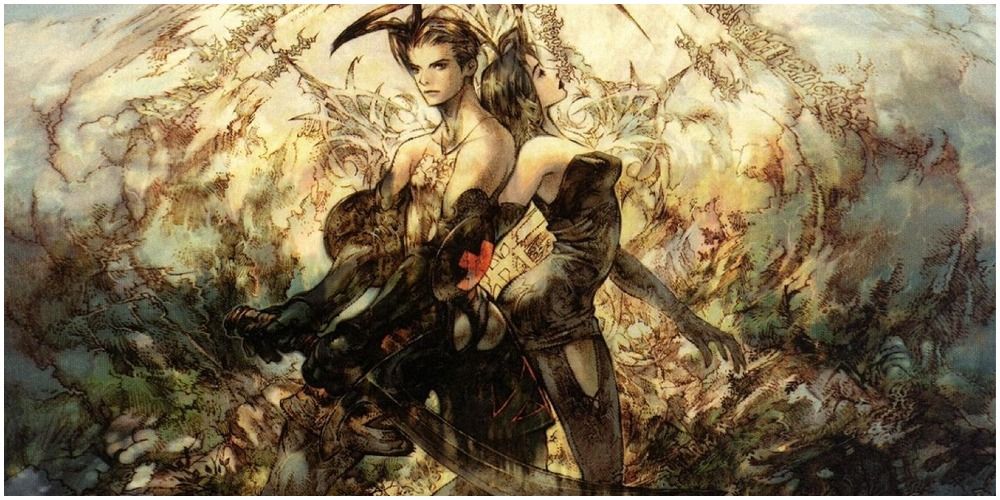The PlayStation gaming library is known for its quality exclusives, but it also keeps making the same mistake by releasing remasters and remakes of games that are too recent to warrant it, most notably the recent Last of Us remake. Video game fans are no strangers to being sold the same game repeatedly, but Sony has pushed the trend too far. The Last of Us released with separate versions on the PS3, the PS4, and PS5. Horizon Zero Dawn is following suit, as the PS4 game is being remastered for PS5. Releasing a remaster or a remake of a beloved game from several generations prior can introduce a new generation to a classic, or significantly improve on its original presentation. When a game is only a generation old a remake or remaster feels opportunistic, and the news of the Horizon Zero Dawn remaster has been met with more backlash than enthusiasm.
Every current gaming console has its fair share of remasters and releases, and some of these have been more welcome than others. Much of the Switch’s first-party library initially consisted of ports of Wii U games, a console that Nintendo abandoned far too soon thanks to a relatively low installation base. Though recent Xbox consoles have leaned into backward compatibility over remasters, they still host the likes of Halo: The Master Chief Collection and Rare Replay. Yet Sony’s handling of quickly remastering or remaking high-profile PlayStation titles still stands out in the industry. The PS2 classic Shadow of the Colossus was remastered on PS3 and then received a remake on PS4, both handled by Bluepoint Games. Remakes of Demon Souls and The Last of Us 1 are presented as supposedly compelling arguments to purchase a PS5, when many would prefer to see more original PS5 games instead.
When Sony purchased Bluepoint Games, it made sense to many given the long working relationship between the companies, but also based on the PlayStation’s infamous cycle of releasing games. The developer has not released an original game since 2006, and while some hope they will now have a chance to, Sony’s track record suggests otherwise. Recent original gaming IPs like Elden Ring and Disco Elysium received critical acclaim, and PlayStation fans are hungry for sequels to genre classics like Bloodborne or cult favorites like Days Gone. Putting resources behind remasters of games that are already a few generations old can showcase those titles in a jaw-dropping new light. Doing the same for games only a generation old has diminishing returns, as most of those games still hold up well in their original forms.
PlayStation Needs To Work On Adding Its Back Catalog, Not Remakes
For fans who played Shadow of the Colossus on PS2, seeing its PS4 remake can be awe-inspiring, but those who already enjoyed its PS3 remaster found less reason to get excited about another release of the game. A Goldeneye remaster has been officially confirmed 25 years after its original Nintendo 64 release, which is more justified than Horizon Zero Dawn’s remaster announcement just five years after its launch. Gaming preservation is an ongoing battle and having access to some of the greatest classics of yesteryear on currently available hardware is always a good thing for the consumer. The issue becomes murkier when full-priced remasters are offered as the sole means of access, as opposed to simple backward compatibility and digital sales of the original version.
At a time when Sony should focus on presenting its revamped PlayStation Plus service as a legitimate competitor to Game Pass, it is counterintuitive to announce remakes of games that are still fresh in players minds. Sony has opted not to add new first-party games as “day one” additions to the service like Game Pass, but PS Plus can make up for this by tapping into more generations of fondly remembered gaming hits. There are many classic PlayStation games PS Plus should add next, alongside digital sales of those titles for non-subscribers. With huge swaths of PlayStation history still unplayable on the PS5, Sony would be better off adding to the PS1 and PS2 games available digitally or working on PS3 emulation that does not require streaming. Few gaming fans get truly excited about a remaster of a five-year-old game, showing that PlayStation is again targeting stockholders, not consumers.


Be the first to comment